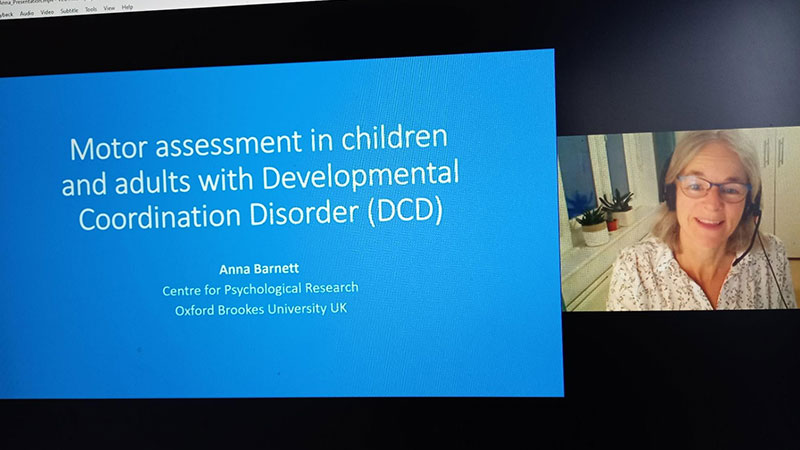Anna’s extensive research has resulted in four new standardised tools to assess general motor skills and handwriting skills in children and young people aged 3-25; the Movement ABC-2 test and checklist and handwriting test (the DASH and DASH17+).
The Movement ABC-2 is also used to help confirm a diagnosis of developmental coordination disorder - or DCD - which affects around 5-6% of all school-aged children. According to one clinical scientist at BC Children's Hospital in Canada, it’s ‘the ideal tool’, enabling professionals to take ‘the critical first step’ which can change that young person’s developmental pathway both within education and their wider lives.
The DASH test (Detailed Assessment of Speed of Handwriting) is used in schools to help identify children with slow handwriting, while the DASH 17+ version caters for young people aged 17-25. Problems with speed of handwriting are common in those with Developmental Coordination Disorder (DCD), dyslexia and autism. Identifying slow handwriting through this test not only relieves the distress that many young people feel; it also gives access to support including special arrangements in exams.
As one young person put it, ‘I’m really slow with my handwriting…when my tutor got the results (from DASH) I was allowed to use a computer for my exams. This helps me a lot.’


